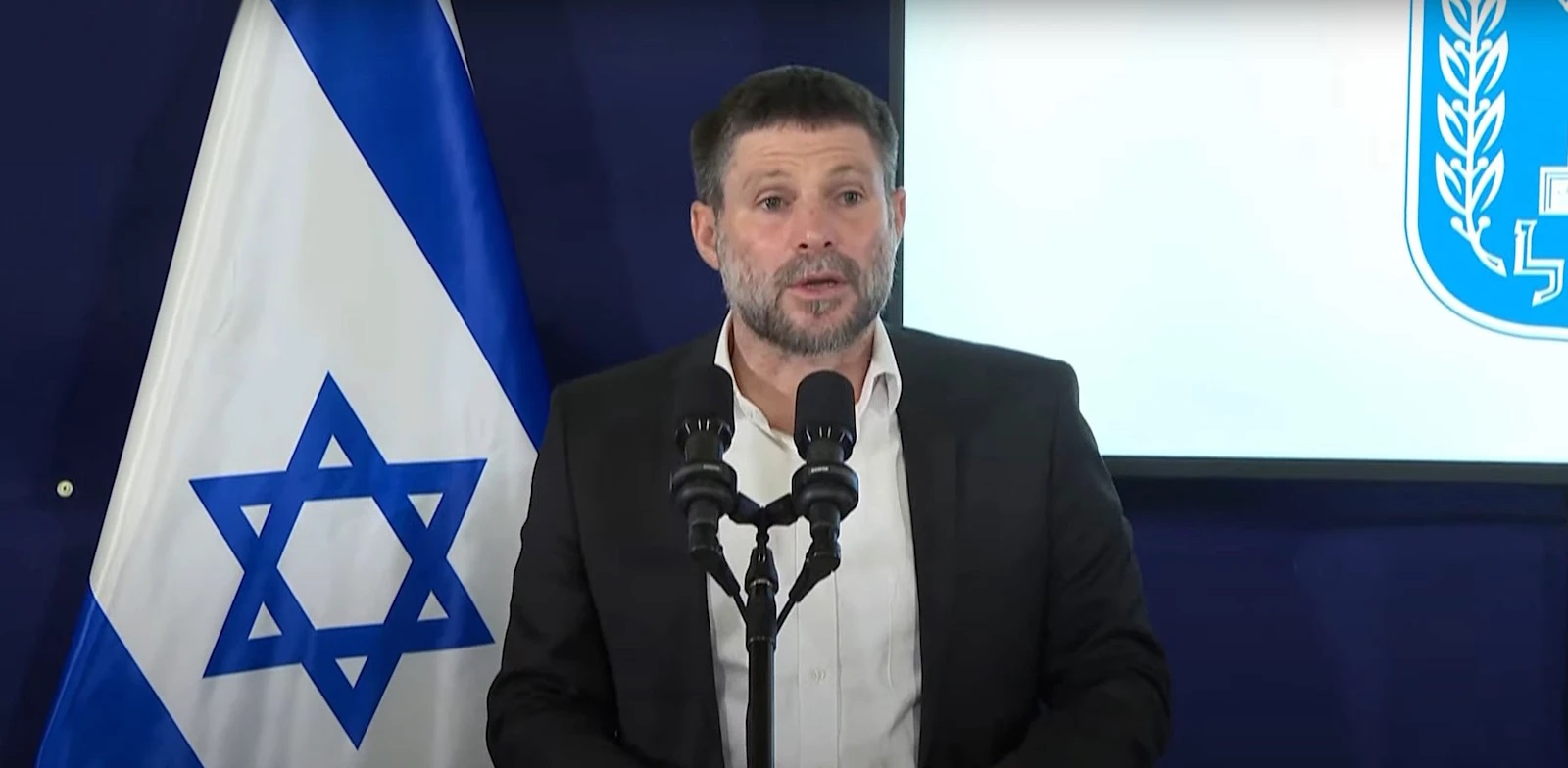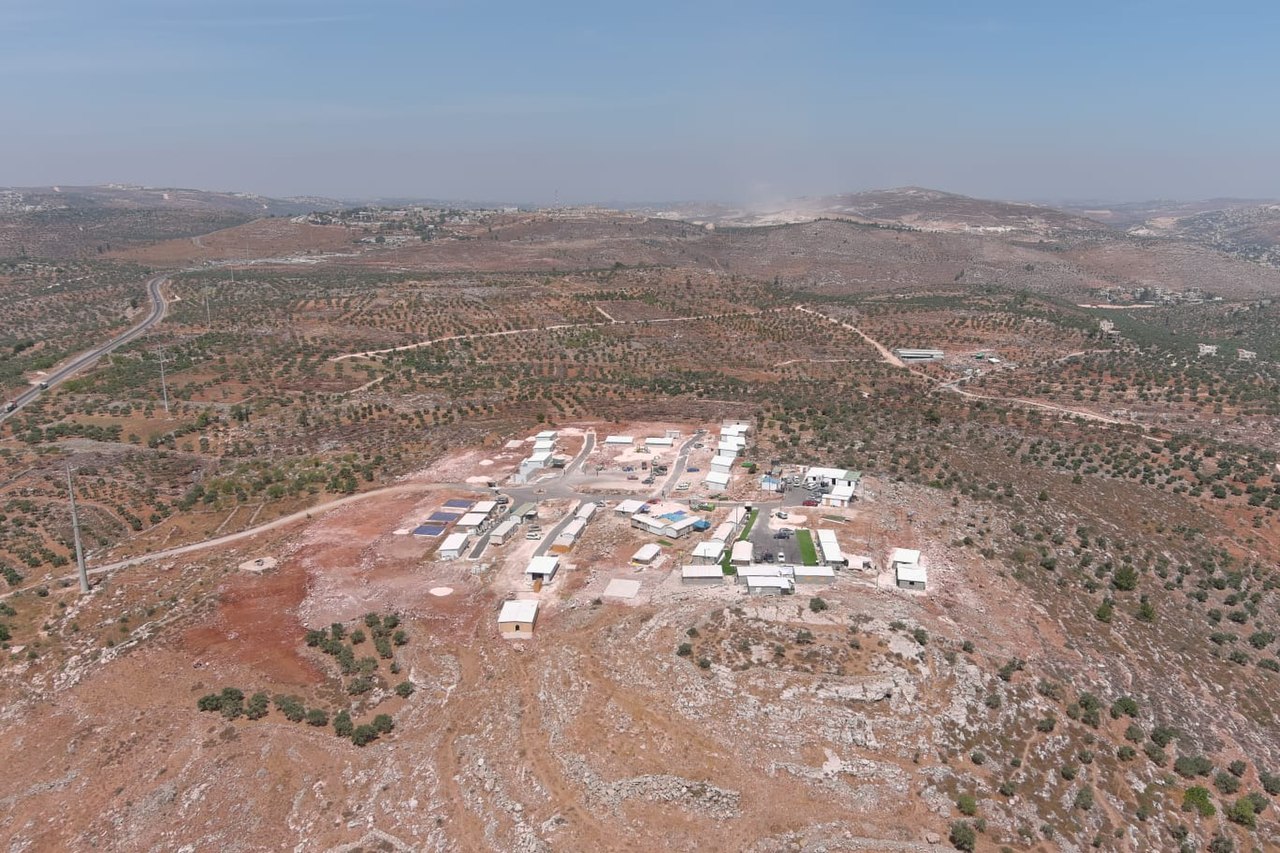Publications
INSS Insight No. 1874, July 7, 2024
The Israeli government has decided to formulate a package of measures in response to the Palestinian Authority’s diplomatic-legal campaign against Israel in various forums on the international stage. Most of the measures, however, would cause more harm than benefit. Afterall, they will not persuade the Palestinian Authority to change its confrontational policy vis-à-vis Israel nor will they diminish the international legitimacy the PA enjoys. At the same time, the proposed measures increase the risk of Israel’s significant international isolation and ignore the warnings of the defense establishment regarding the danger of further escalation of the security situation in Judea and Samaria and the ramifications should the Palestinian Authority reach a state of dysfunction in terms of security and economy.
The Palestinian Authority has been conducting a diplomatic and legal campaign against Israel in the two international courts (the International Court of Justice and the International Criminal Court—ICJ, ICC), and other forums, including UN institutions, where it has focused on accusing the State of Israel and its senior officials of war crimes and genocide. In response, the Israeli government decided to impose a package of sanctions against the Palestinian Authority. In addition, the government is considering downgrading diplomatic relations with countries that recently recognized the Palestinian state.
On July 27, the security cabinet approved a package of sanctions against the Palestinian Authority, which included authorizing five illegal outposts (Evyatar, Sde Ephraim, Adorayim, Heletz, and Givat Assaf); approving 5,000 new housing units in settlements; imposing sanctions on senior Palestinian officials, including travel restrictions, such as revoking travel permits for top officials and preventing them from leaving Israel; enforcing “incitement crimes,” and expelling senior officials; increasing enforcement of construction violations in Area B, including archaeological sites and an agreed nature reserve in the Judean desert (the area in question is under the PA’s civilian control and Israel’s military control. The Palestinians agreed not to build there, as it is designated as a nature preserve, but neither Israel nor the PA have enforced the laws against illegal construction there for many years).
In exchange for these sanctions, it was reported that Finance Minister Bezalel Smotrich, who also serves as a minister in the Defense Ministry, has agreed to unfreeze the tax revenue that Israel collects on behalf of the Palestinian Authority—money that he has withheld for the past two months. However, Israel will not release the funds earmarked for transfer to the Gaza Strip (Specifically, 40% of the funds that is intended for Gaza will not be transferred until the sides can agree on a replacement for Norway as the country to which Israel transfers the money in trust before it is handed over to the Palestinians). In addition, Israel will continue to deduct money each month for the funds that the PA pays to terrorists. These measures slightly narrow the financial gap between the PA’s income and expenditure, and it is possible that Israel is taking into account a recent warning by the World Bank, which stated that the PA could collapse if Israel continues to withhold money. In this context, it was reported in the media recently that Prime Minister Benjamin Netanyahu has insisted that “the collapse of the Palestinian Authority is not in Israel’s interest at this time. There is a need to promote actions that stabilize the Authority to prevent escalation in the arena.”

Nonetheless, the decision to impinge on the functioning of the Palestinian Authority and its senior officials, while simultaneously authorizing illegal outposts in Judea and Samaria, will be interpreted by the international community as a deliberate move by Israel to disturb any potential political agreement in the future and possibly to accelerate the collapse of the PA. Given this backdrop, more countries are expected to join those that have recently recognized a Palestinian state. These countries will also provide economic and political support to the Palestinians, thereby intensifying Israel’s increasing international isolation. Moreover, it is likely that additional legal cases will be brought against Israel in various international courts.
It should be noted that most of these sanctions were approved despite the position of the defense establishment—the IDF and the General Security Services. Defense Minister Yoav Gallant stated that the measures against the Palestinian Authority would have minimal positive impact, but they would also involve serious security risks during an already complex time in terms of international legitimacy. Currently, despite over 500 Palestinians (the majority terrorists) having been killed in Judea and Samaria since October 7, there has been no intifada in the areas controlled by the Palestinian Authority. Expressions of solidarity for what is happening in the Gaza Strip are limited and are mainly manifested as political support for Hamas (as shown by recent polls conducted by the Palestinian Center for Policy and Survey Research led by Prof. Khalil Shikaki). In addition, the acts of violence committed by Israeli extremists across Judea and Samaria have not led to the Palestinians launching an armed popular conflict. The security coordination between Israeli and Palestinian security forces is one reason Hamas has not succeeded to incite the public and motivate it to engage in widespread popular protest on the Palestinian street in Judea and Samaria. Against this backdrop, undermining the PA’s ability to pay salaries to those serving in the Palestinian security apparatuses would go against Israel’s security interests and would significantly reduce the Palestinians’ motivation to pacify any protests that could erupt and to impose public order. Indeed, it could even lead to a situation in which Palestinian security forces turn their weapons on Israeli soldiers and settlers. Israel’s security interest is to calm the arena and prevent a mass popular uprising, which could require increasing the IDF order of battle in Judea and Samaria, at the expense of the Gaza Strip and the northern border.
Implications of Imposing Sanctions
Most of the sanctions are symbolic and are seen as punitive measures, in addition to the Israeli government using the opportunity to expand settlements and authorize illegal outposts. Enacting these sanctions would do more harm than good. They will not persuade the Palestinian Authority to change its confrontational policy vis-à-vis Israel, nor will they diminish the international legitimacy the PA enjoys and continues to garner as the recognized representative of the Palestinian people and its struggle for self-determination. It is clear that the international community would interpret the sanctions as a punitive act by Israel, similar to the way the war in the Gaza Strip is interpreted as collective punishment against the entire Gazan people. These measures would also be perceived as an intent to prevent the PA from becoming a relevant and influential actor in reshaping the Palestinian arena and promoting an Israeli–Palestinian political arrangement.

Israel indeed must combat the Palestinian Authority’s international campaign against it, just as it must refute allegations of genocide and crimes against humanity. However, Israel should focus on harming the personal interests of those individuals and institutions linked to the Palestinian Authority that are responsible for the diplomatic-legal campaign against Israel in international forums, especially the ICC and the ICJ. Israel should opt for covert attacks, especially against assets, as well as for exposing the involvement of these individuals and institutions in corruption and supporting terrorism, without making any public declaration about revoking travel permits of senior Palestinian Authority officials. Moreover, Israel is justified in continuing to withhold that portion of the Palestinian tax revenue that is earmarked to pay the salaries of the families of slain terrorists and jailed Palestinian terrorists. Israel must insist that before it pays the “terrorists’ salaries,” the Palestinian Authority should pay its employees, especially those serving in the security apparatuses. Harming the PA’s ability to pay the salaries of its security personnel could reduce their motivation in preventing Hamas from taking control of the Palestinian street in the West Bank and could increase their temptation to accept financial bonuses from Iran and its proxies to carry out terror attacks.
Causing significant harm to senior members of the Fatah movement, even those not involved in the international campaign against Israel, would increase within the Fatah movement criticism of the PA leader, Mahmoud Abbas (Abu Mazen), and undermine his policies, including his opposition to reconciliation with Hamas. Afterall, it is in Israel’s interest that Hamas is not integrated into the Palestinian leadership.
An extensive operation to demolish infrastructure and illegal construction by Palestinians in an area defined as a nature reserve in Area B, without equal supervision of illegal building by Jewish Israelis, would be a reason for international actors to accuse Israel of implementing a policy of apartheid. There is already a significant gap between the extent of demolitions on the Palestinian side and the Israeli government’s approval of illegal construction on the Jewish side.
Israel should avoid any measures that directly or indirectly negatively affect the Palestinian population to discourage them from engaging in acts of vengeance, terrorism, or violence, and also to prevent the perception of Israel enacting a policy of collective punishment. Increasing pressure on the Palestinian public, while also turning a blind eye to the violence committed by Israeli extremists against the Palestinian population, especially during the war in the Gaza Strip, could lead to an outbreak of violence and a popular uprising.
Another key issue is the threat of Israel’s isolation from the international community. Israel’s political isolation is becoming increasingly imminent and significant. Israel must address it with the same degree of seriousness with which it addresses military threats, and before making any decisions, the possible implications of Israel’s international legitimacy and standing should be considered. The war in Gaza has already eroded Israel’s legitimacy for three main reasons: (1) Israel has not shown any empathy or compassion for the Gazan population and the military operation is seen as “collective punishment”; (2) the Israeli government has still not presented a political framework and a plan that defines the political outcome from the war; (3) Israel has categorically rejected the idea of the establishment of a Palestinian state as a result of the barbaric attack by Hamas on October 7, implying that it intends to prevent the Palestinians from exercising their right to self-determination. These are the three criteria by which the international community will “judge” Israel’s actions. To avoid exacerbating the situation, Israel must act wisely and refrain from any steps that will be perceived negatively according to these criteria, especially given that the benefits of implementing the sanctions are unclear.



